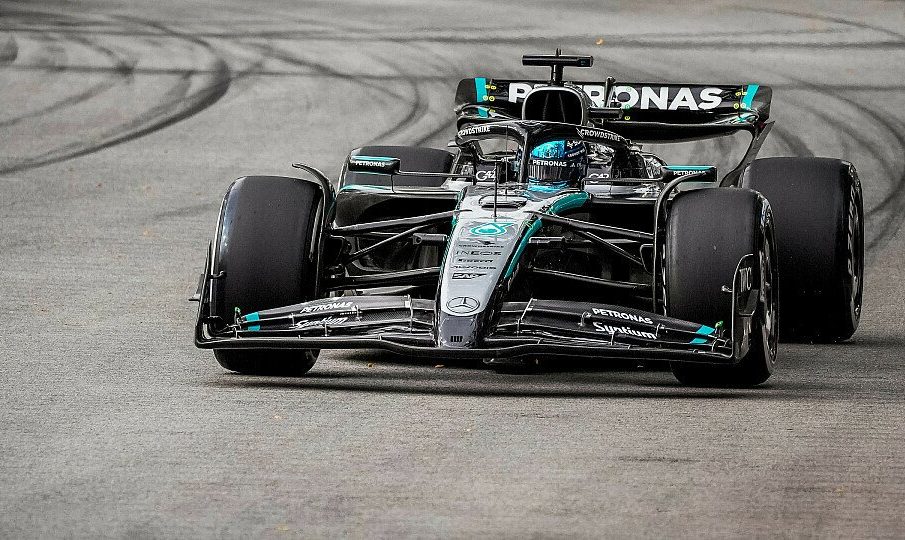Understanding the Importance of Formula 1 Qualifying

Introduction to Formula 1 Qualifying
Formula 1 qualifying is a crucial component of each race weekend, determining the starting positions for the Grand Prix. This segment of the event has a profound impact on the overall race strategy for teams and drivers alike, as starting position can significantly influence the chances of winning. In a sport where every millisecond counts, understanding the nuances of qualifying can provide insights into race outcomes and team performances.
The Structure of Qualifying Sessions
Qualifying typically occurs on the Saturday before a Sunday race, consisting of three timed sessions known as Q1, Q2, and Q3. Each session is designed to progressively eliminate the slowest cars, making it a thrilling spectacle. Q1 lasts 18 minutes, with the slowest 5 drivers being knocked out, followed by Q2, which is 15 minutes long and eliminates the next 5 slowest cars. The final session, Q3, involves the top 10 drivers vying for pole position, which is the coveted first spot on the starting grid.
Recent Developments in Qualifying Format
In recent years, the qualifying format has seen various tweaks to enhance suspense and viewership. For instance, the introduction of ‘sprint qualifying’ events allows for an alternative way to earn points and determine grid positions through a shorter race on Saturdays. This change aims to bring added excitement and variety to the event format, reflecting F1’s commitment to evolving its approach to engage fans.
Impact of Qualifying Results
The importance of qualifying results cannot be overstated. A strong performance can mean a secure lead at the race start, thereby reducing the chances of being caught up in on-track battles. Conversely, starting at the back of the grid can necessitate aggressive strategies, including risking early pit stops or alternative tyre strategies to compensate for lost positions. Recent studies have shown that starting in the top five significantly increases the likelihood of achieving a podium finish, emphasizing the strategic significance of qualifying.
Conclusion and Future Outlook
As Formula 1 continues to evolve, the format and implications of qualifying will likely adapt to maintain competitiveness and entertainment value. Understanding the critical role of qualifying helps fans appreciate the intricacies of race strategies and the extreme precision required by drivers and teams. With the 2023 season unfolding, fans can anticipate more thrilling qualifying sessions, showcasing the relentless pursuit of speed and excellence in this iconic motorsport.








